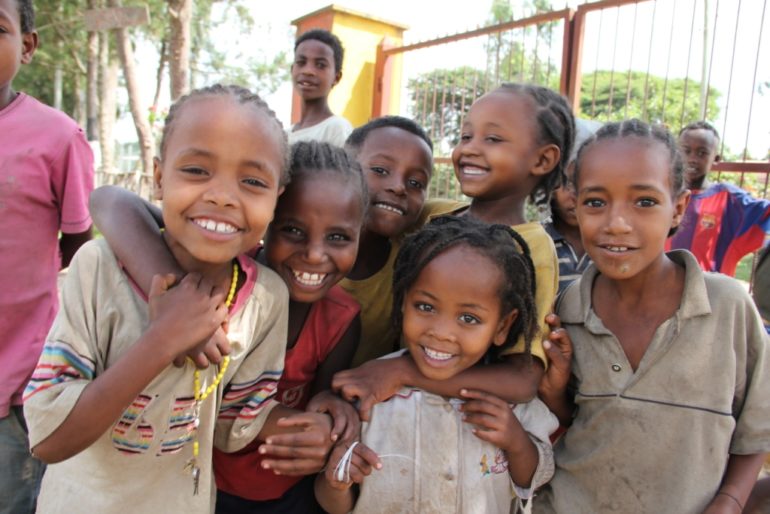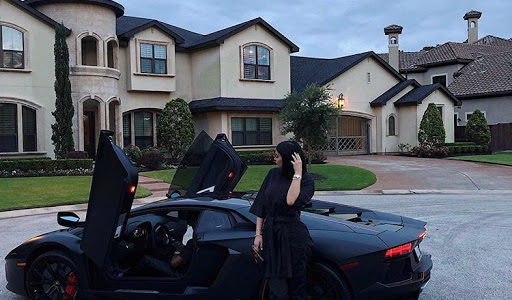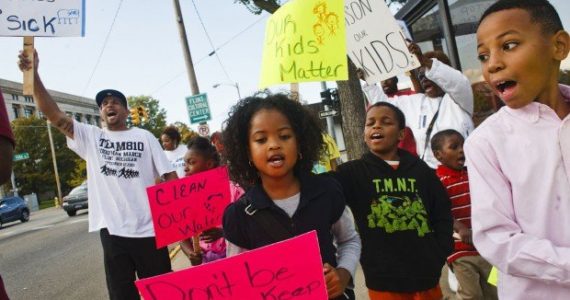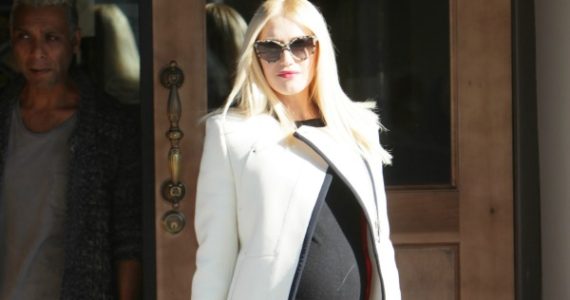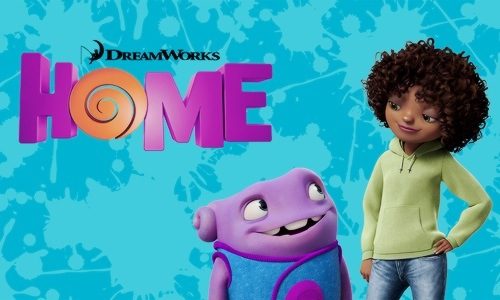A new policy will prevent foreigners from adopting children born in Ethiopia.
In January of 2018, the Ethiopian Parliament banned foreign adoptions citing concerns for the safety of the Ethiopian adoptees.
This conversation was sparked by the brutal murder of an Ethiopian girl named Hana Grace-Rose Williams. Hana and another 10 year old boy were adopted by Carri and Larry Williams and moved to Seattle Washington to start a new life. There, they lived with the couples 7 other children.

Hana
At this Washington home, Hana endured a pattern of abuse and neglect at the hands of her adoptive family. Hana was often forced to sleep and shower outside like an animal. Beatings were a daily occurrence, along with being denied food. When Hana was given food, it was often disgusting leftovers topped with frozen vegetables.
The abuse wasn’t just physical, it was mental as well.
Hana wasn’t allowed to celebrate Christmas with her adoptive family. When the holidays came around, Hana was forced to sit outside while the family celebrated indoors. According to sources, Hana was only treated like a human when guests were around. Only then would she be able to sit at the table like a normal human to eat dinner..but she was still given morsels.
According to her adoptive siblings and family members, the abuse Hana suffered was due to her “rebellious” attitude. But really, it was because of her black skin.
Hana lost 30 pounds over the course of her two year stay in America.
One night, the abuse Hanna endured took a turn for the worse.
According to reports, the night Hana froze to death, she was sent outside as punishment for her attitude and behavior issues. It was raining and 40F that night. Hana was told by Carri to do jumping jacks to keep warm until her sentence was over. She wore only a half shirt and cut-off sweatpants. From the house, her adoptive mother and siblings watched, laughing as Hana struggled to keep warm.
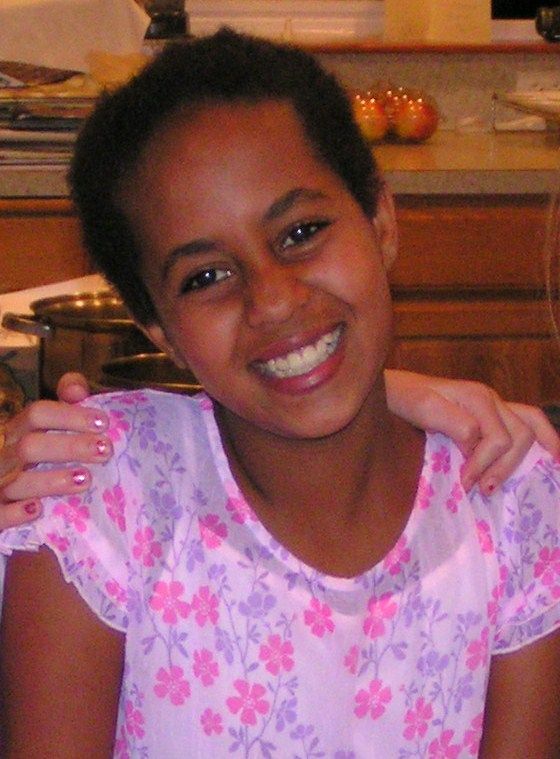
Carri even sent her two sons outside to beat Hana with a plastic tube.
Carri observed Hana falling down and hitting her head multiple times, and undressing, but she dismissed it thinking Hana wanted attention to end her outside punishment. Mind you, it was freezing cold and raining that entire day. Hana had been outside for hours. She was extremely malnourished and her body was not equipped to handle such extreme conditions, especially since she had been neglected since her move to the U.S.
This was not attention seeking behavior.
Hana was going through the last stage of hypothermia, hypothermic paradoxical undressing. As your body gets cold, your nerves heat up causing you to feel hot. Hanna was undressing because she was dying, not for attention. When Carrie finally brought her inside, her frantic 911 call claimed she thought “Hanna just killed herself”.
She went on to create a narrative that Hana was a rebilous teenager who didn’t listen. When the couples children were asked about Hana’s behavior, they said the same. Brainwashed.
Hana was found facedown dead in the backyard with mud in her mouth on May, 12, 2011. She suffered from multiple contusions, bruises, and a shaven head.
After her death, the couples 7 other children were placed in foster care. Carri, the brutal mastermind, received 37 years in prison and Larry received 28 years in prison for the manslaughter of Hana.
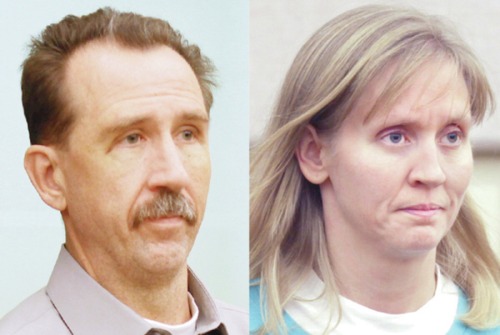
During court proceedings, Larry and Carri admitted to following the teachings they read in, “To Train Up a Child”, by Michael Pearl and Debi Pearl. This book is literally CHILD ABUSE. The book encourages parents to:
- Withhold food
- Spank children with plastic tubes
- Give children freezing cold baths
- Put children outside in bad weather as punishment.
Hana endured every last abuse listed above.
The official death reports concluded Hana died from “a culmination of chronic starvation caused by a parent’s intentional food restriction, severe neglect, physical and emotional abuse and stunning endangerment.”
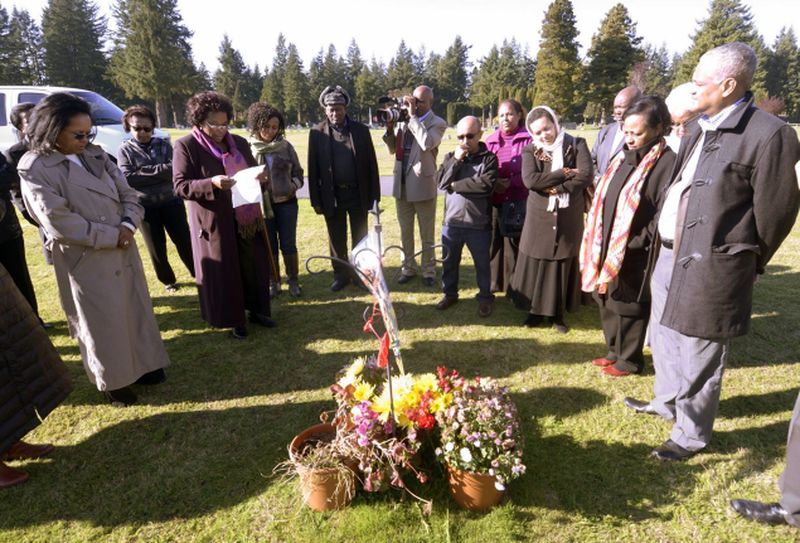
The Ethiopian Parliament was outraged.
Immediately, conversations began about the safety of Ethiopia’s adopted children, eventually leading to the adoption ban. Ethiopia’s state news agency said inter-country adoption made children “vulnerable to identity crisis, psychological problems, and violation of rights.”
Ethiopia’s new National Child Policy express the importance of orphans growing up in their homeland while honoring their respective culture and traditions. The policy states that instead of being adopted by foreign families, Ethiopia’s orphans should be adopted locally or supported by a guardian family or tutor. If those fail, the policy states that orphans should be helped to reunite them with biological parents or relatives.
However, some critics argue that the ban will ultimately leave more Ethiopian children to succumb to a life of danger and poverty.
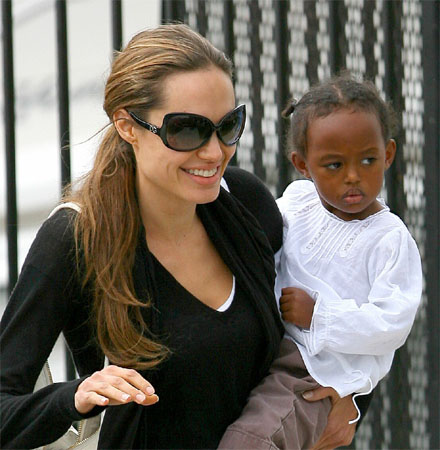
Will the Ban Put More Orphans At Risk?
Well, that’s not exactly an easy question to answer. But ultimately, I believe so. A UNICEF report states that there are over 4.5 million orphans in Ethiopia alone. In 2011, Ethiopia was the 2nd highest place of adoption by foreigners behind China.
Putting a ban on all foreign adoption will not save the children of Ethiopia, it will only hinder them. There are many success stories of Ethiopian adopted children coming to America and making a living for themselves. Some so much so that they are able to bring over their other family members from back home.
In America, children have access to health care and education, which both play a vital role in the development of a child.
Instead of a ban, I believe a compromise should be made. Every child adopted from Ethiopia and sent to foreign countries should be allocated an ETHIOPIAN case worker. It will be the case worker’s duty to ensure the safety of Ethoipia’s adopted children up until the age of 21.
However, if the ban stays, Ethiopia will have to step up to ensure the survival of their citizens in an already impoverished country.


